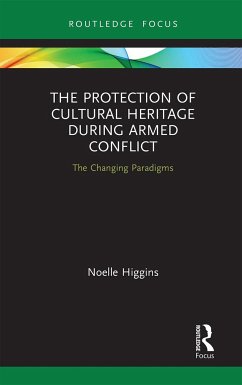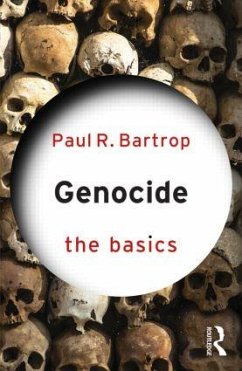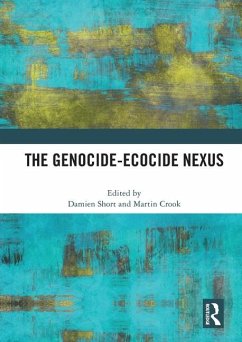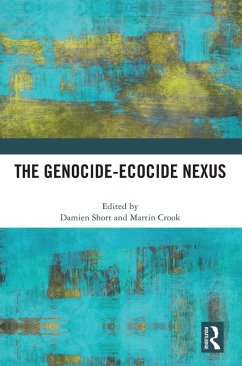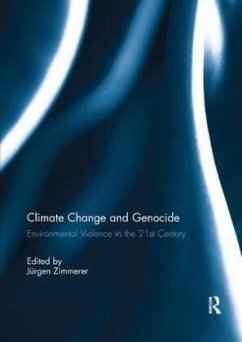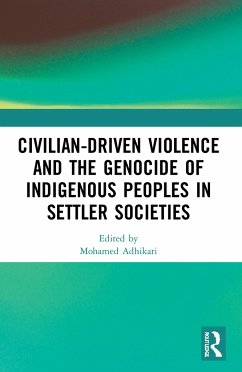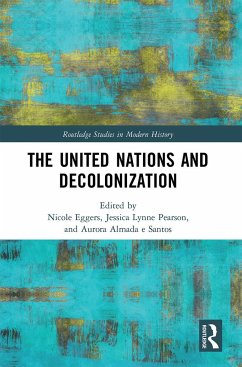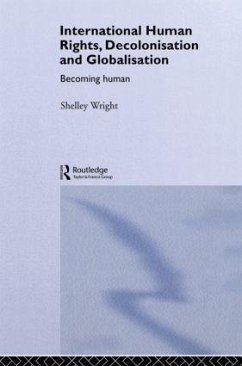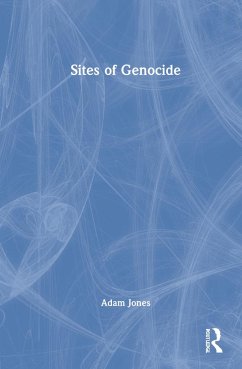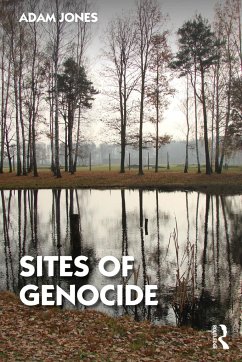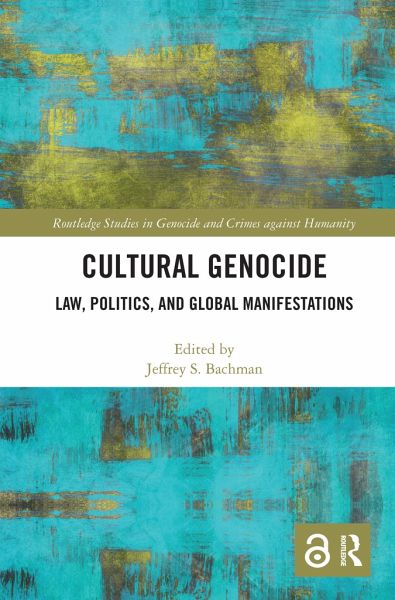
Cultural Genocide
Law, Politics, and Global Manifestations
Herausgegeben: Bachman, Jeffrey

PAYBACK Punkte
23 °P sammeln!
This book explores concepts of Cultural genocide, its definitions, place in international law, the systems and methods that contribute to its manifestations, and its occurrences.Through a systematic approach and comprehensive analysis, international and interdisciplinary contributors from the fields of genocide studies, legal studies, criminology, sociology, archaeology, human rights, colonial studies, and anthropology examine the legal, structural, and political issues associated with cultural genocide. This includes a series of geographically representative case studies from the USA, Brazil,...
This book explores concepts of Cultural genocide, its definitions, place in international law, the systems and methods that contribute to its manifestations, and its occurrences.
Through a systematic approach and comprehensive analysis, international and interdisciplinary contributors from the fields of genocide studies, legal studies, criminology, sociology, archaeology, human rights, colonial studies, and anthropology examine the legal, structural, and political issues associated with cultural genocide. This includes a series of geographically representative case studies from the USA, Brazil, Australia, West Papua, Iraq, Palestine, Iran, and Canada.
This volume is unique in its interdisciplinarity, regional coverage, and the various methods of cultural genocide represented, and will be of interest to scholars of genocide studies, cultural studies and human rights, international law, international relations, indigenous studies, anthropology, and history.
Through a systematic approach and comprehensive analysis, international and interdisciplinary contributors from the fields of genocide studies, legal studies, criminology, sociology, archaeology, human rights, colonial studies, and anthropology examine the legal, structural, and political issues associated with cultural genocide. This includes a series of geographically representative case studies from the USA, Brazil, Australia, West Papua, Iraq, Palestine, Iran, and Canada.
This volume is unique in its interdisciplinarity, regional coverage, and the various methods of cultural genocide represented, and will be of interest to scholars of genocide studies, cultural studies and human rights, international law, international relations, indigenous studies, anthropology, and history.





